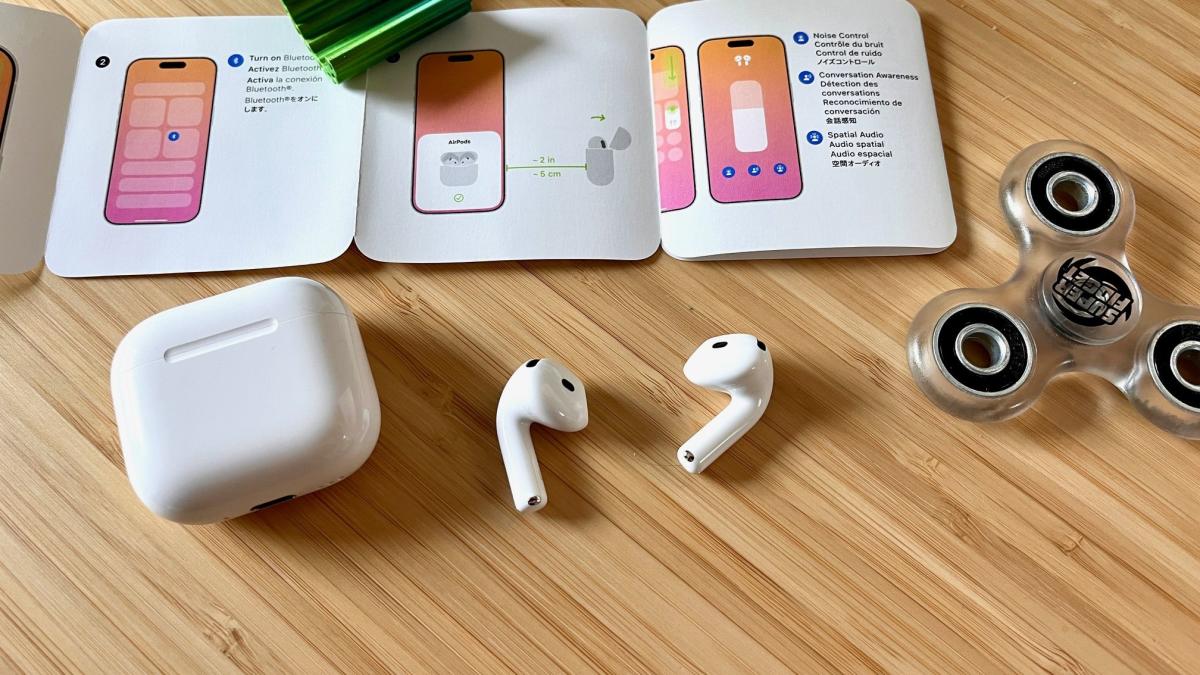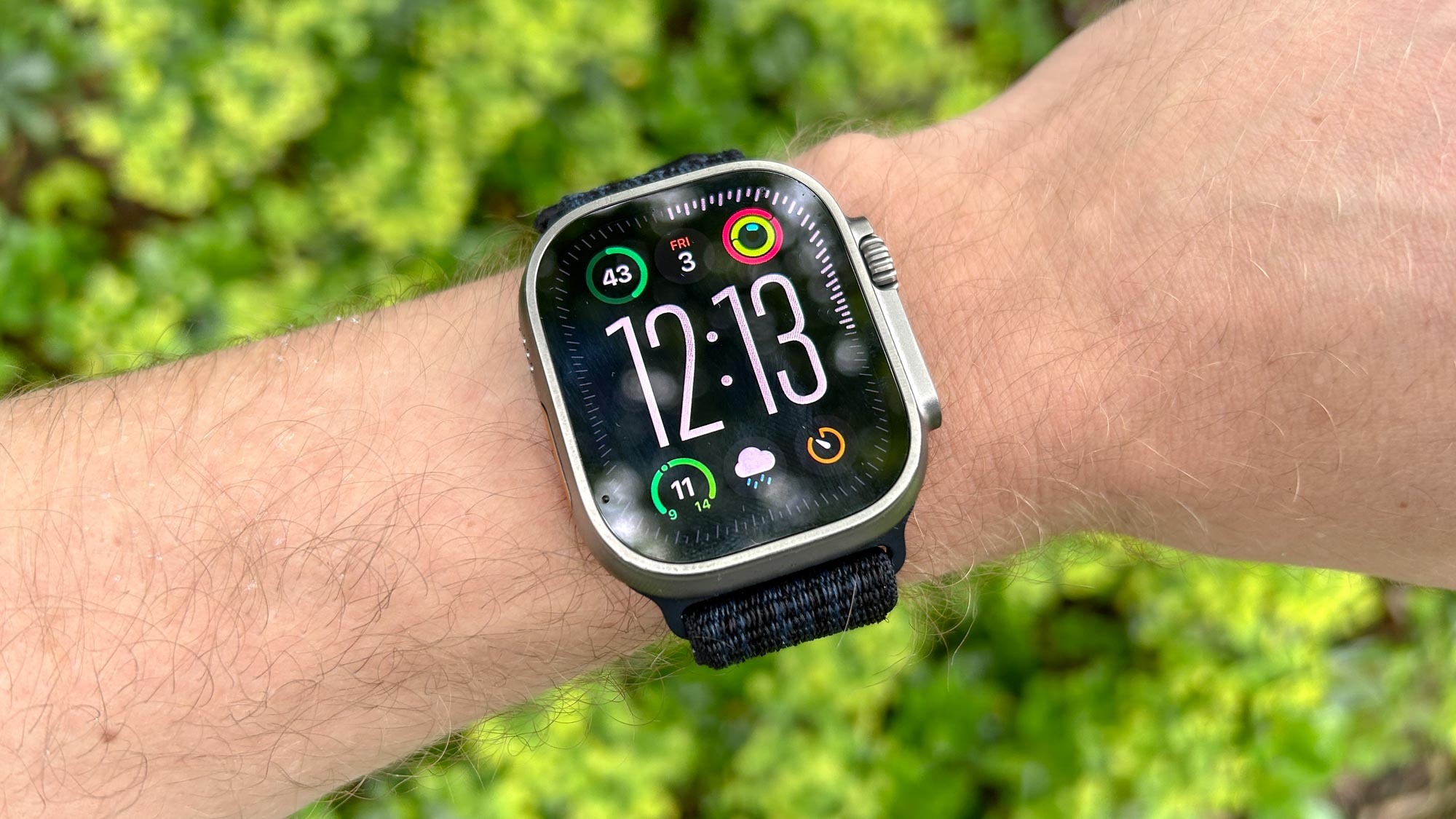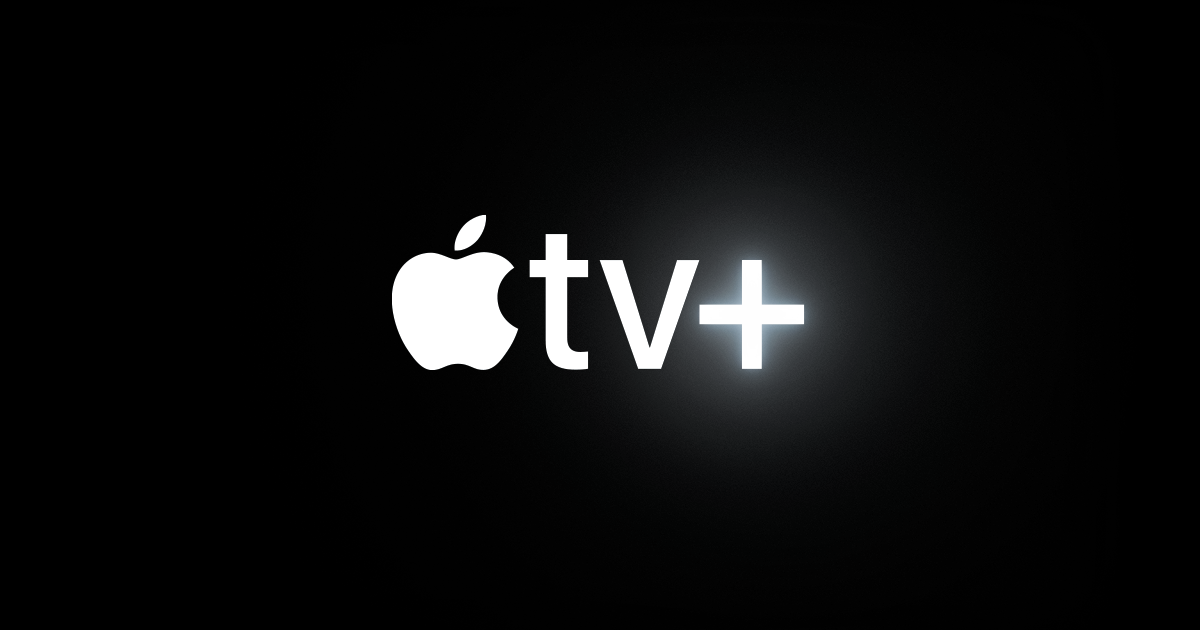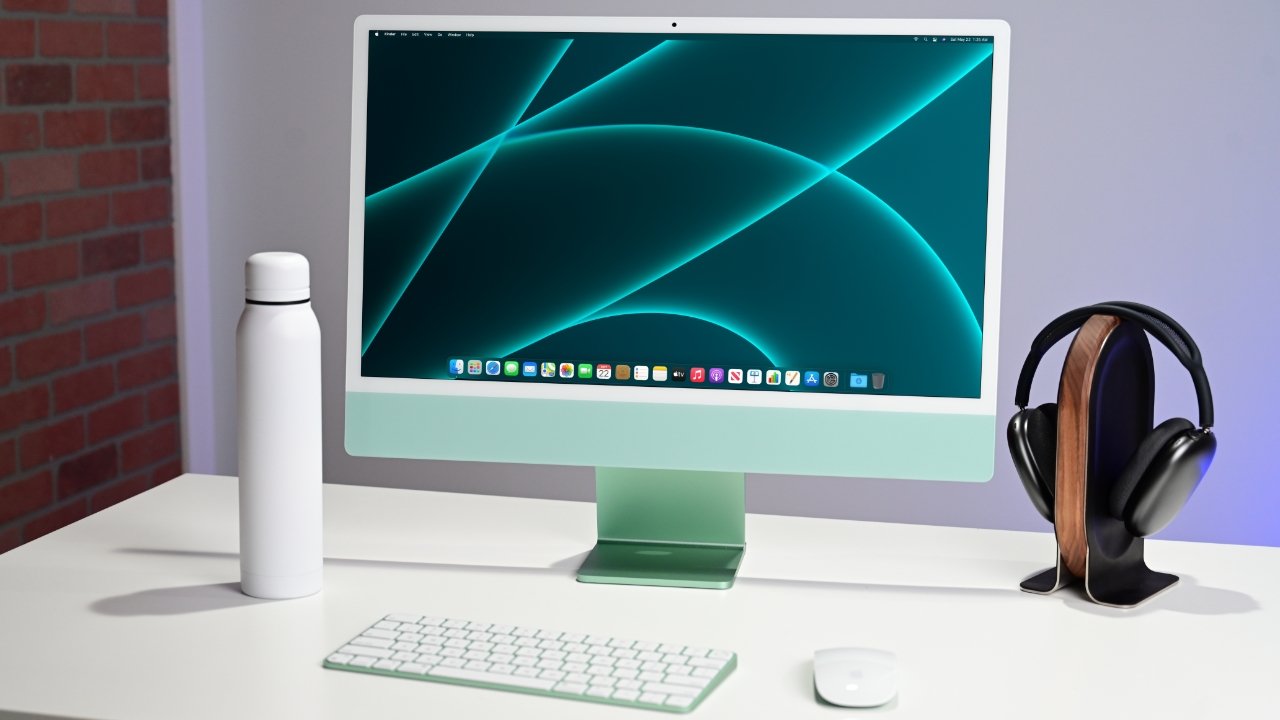Apple rolled out a fresh update today for Safari Technology Preview, a special browser it first launched in March 2016. This version is built for people to try out new features Apple is working on for future Safari updates.
What’s New in Safari Technology Preview 214
The latest Safari Technology Preview 214 brings tweaks and upgrades to things like the browser itself, CSS, JavaScript, media playback, networking, how pages look, Web API, and the Web Inspector tool. This release works smoothly on devices running macOS Sonoma or the brand-new macOS Sequoia, Apple’s latest operating system.
You can grab this update through the Software Update option in System Preferences or System Settings if you’ve already downloaded the browser from Apple’s site. Full details about what’s included are listed on the Safari Technology Preview webpage.
Why Apple Made This Browser
Apple created Safari Technology Preview to get input from developers and everyday users about how the browser is shaping up. It’s designed to run alongside the regular Safari browser, so you can use both at once. While it’s mainly for developers, anyone can download it—no special account needed.







